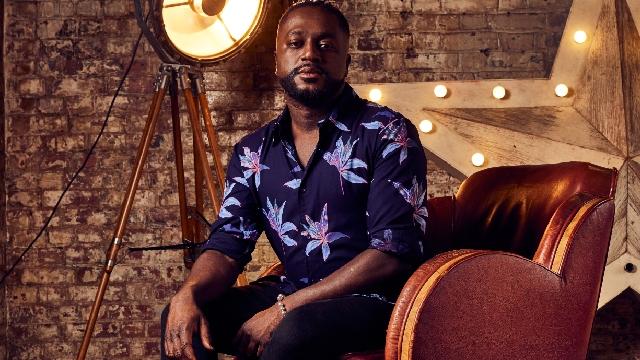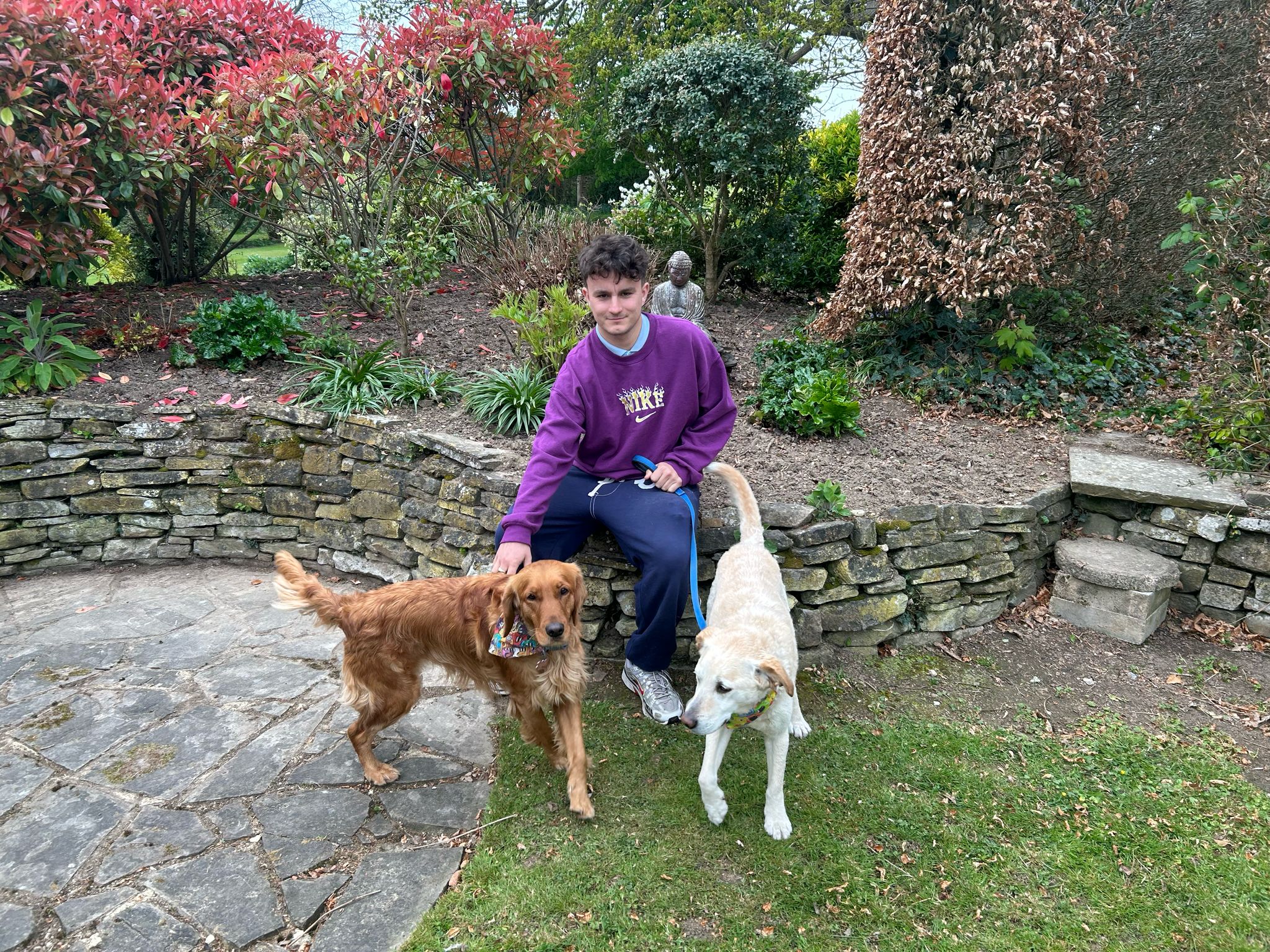
Jordan Charles
“I hope that other young people and other Black people are aware of the symptoms and know that diabetes is something that can be easily tested for."
After having Covid, Jordan Charles suffered a devastating collapse caused by undiagnosed type 2 diabetes. Here, he talks about his road to recovery.


